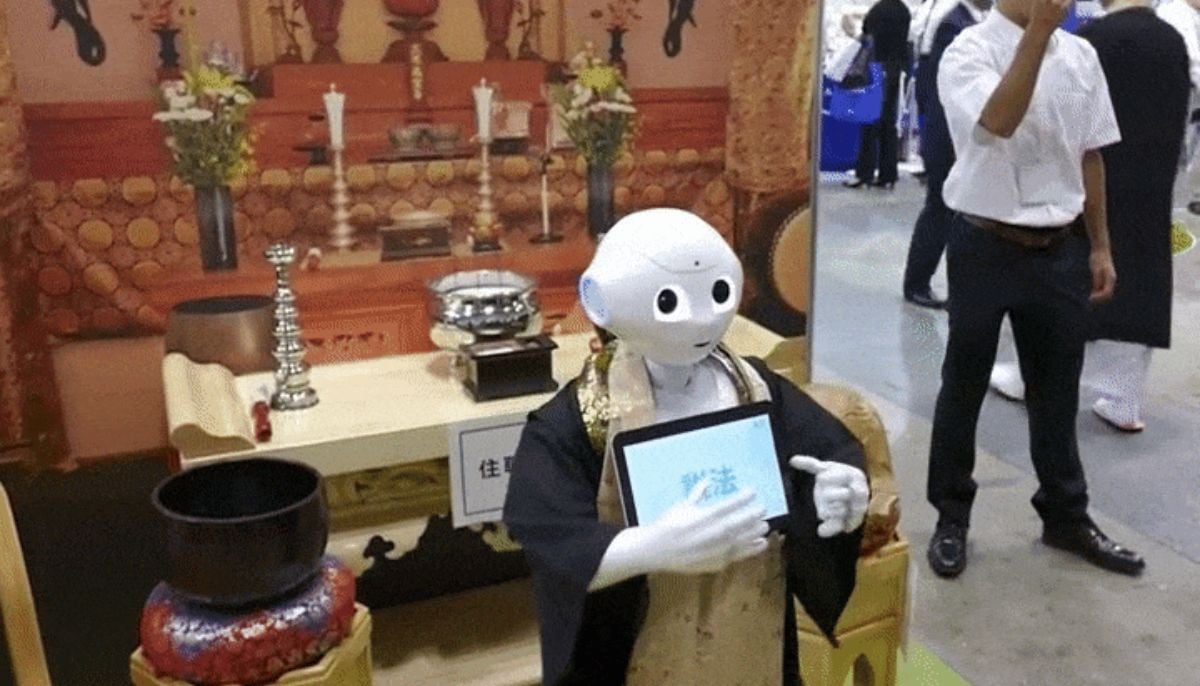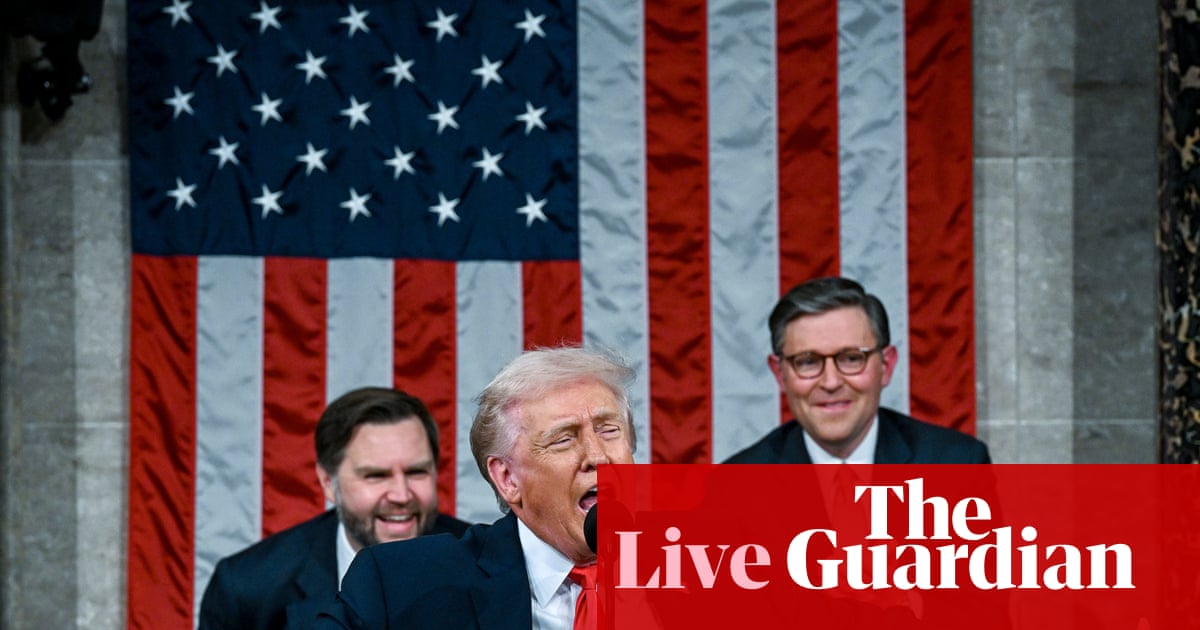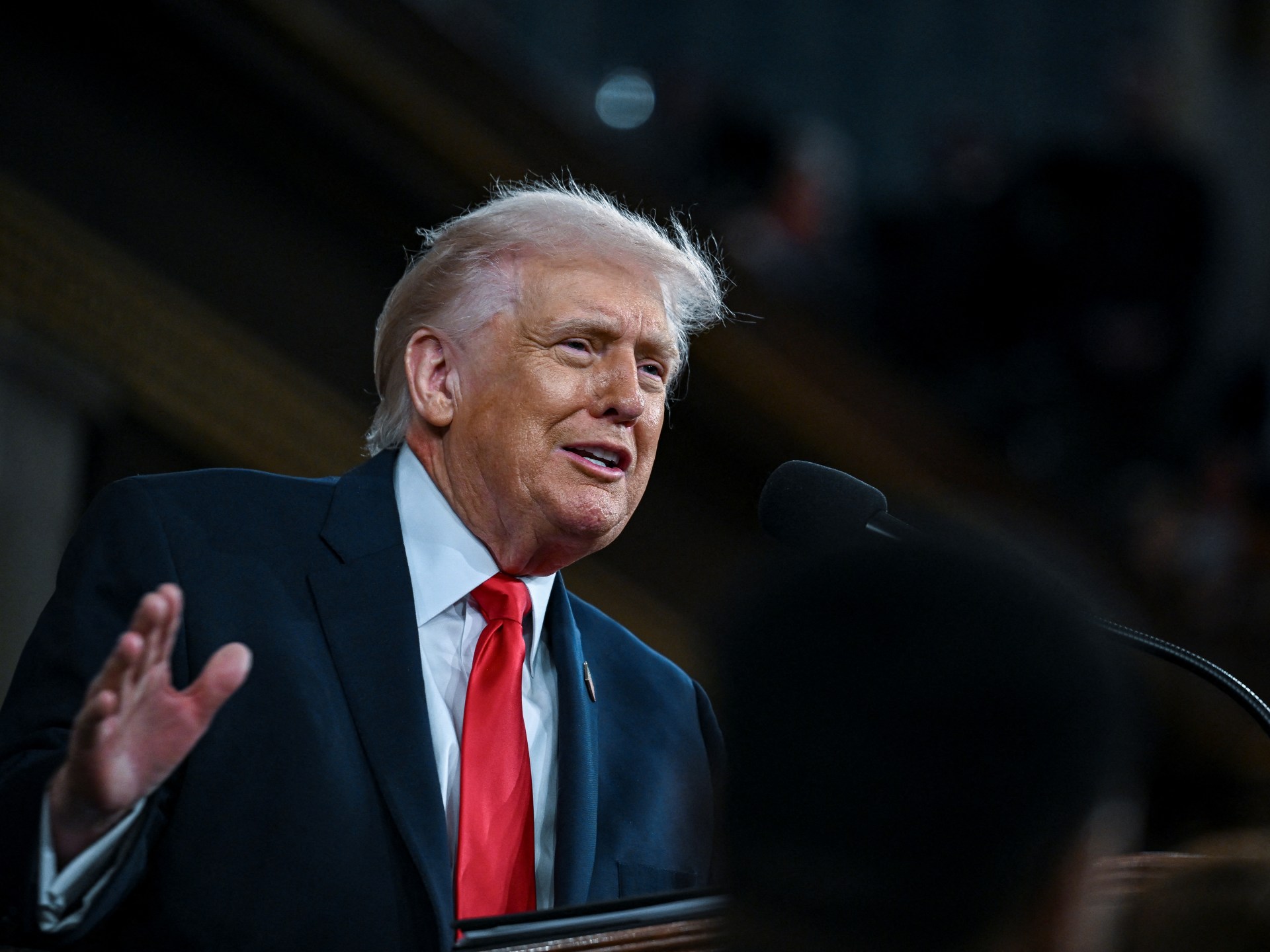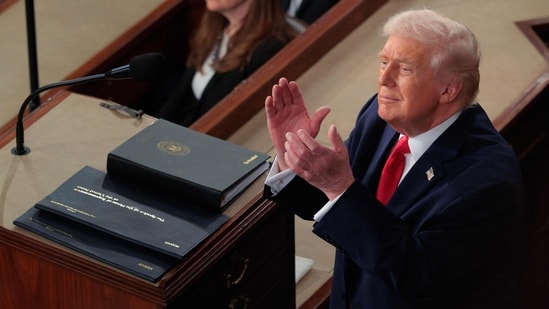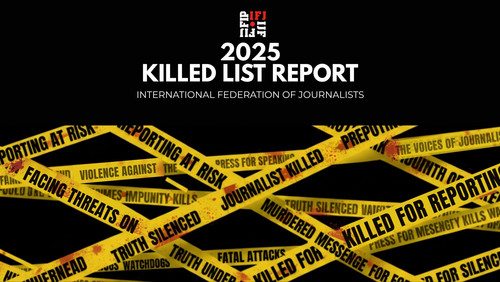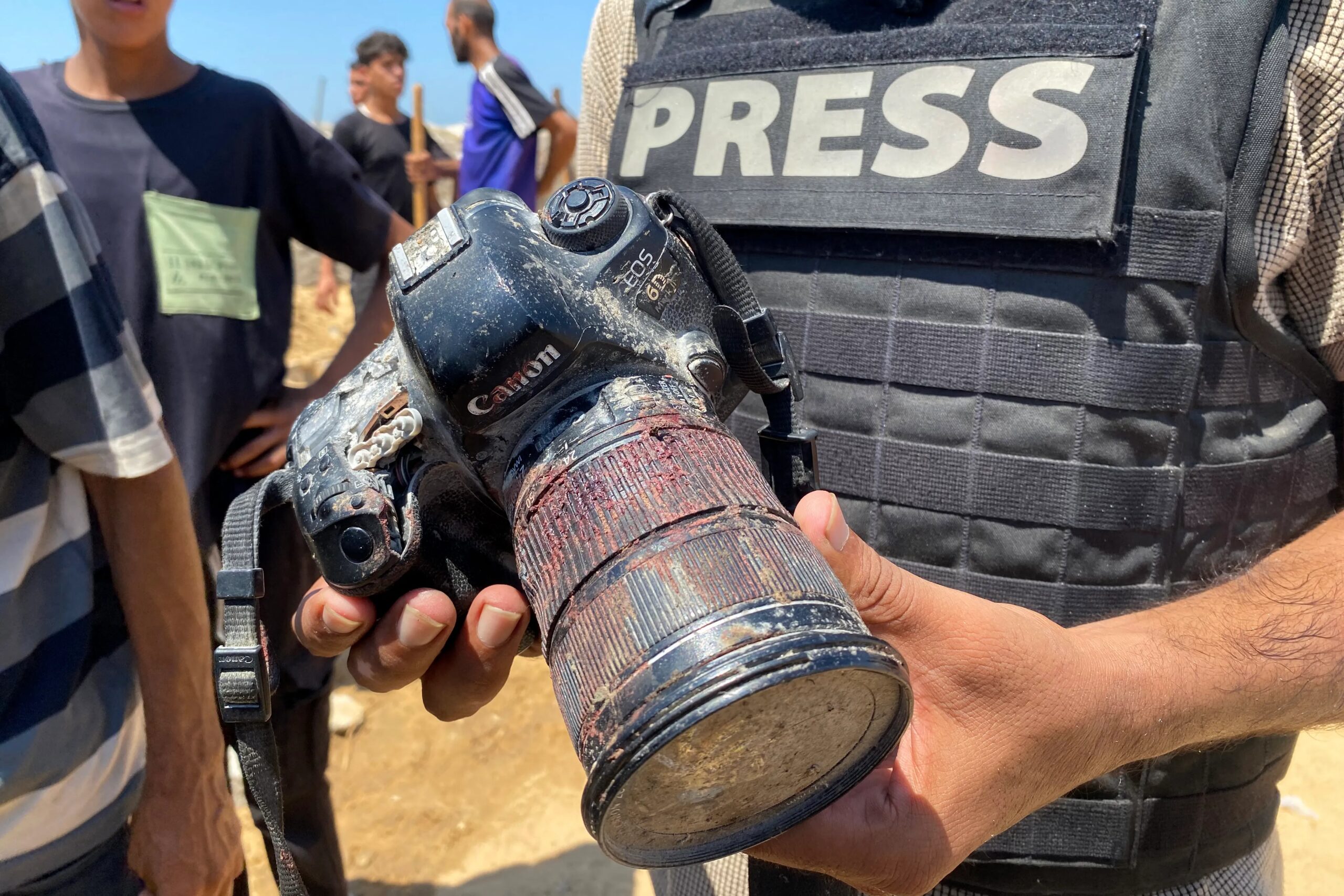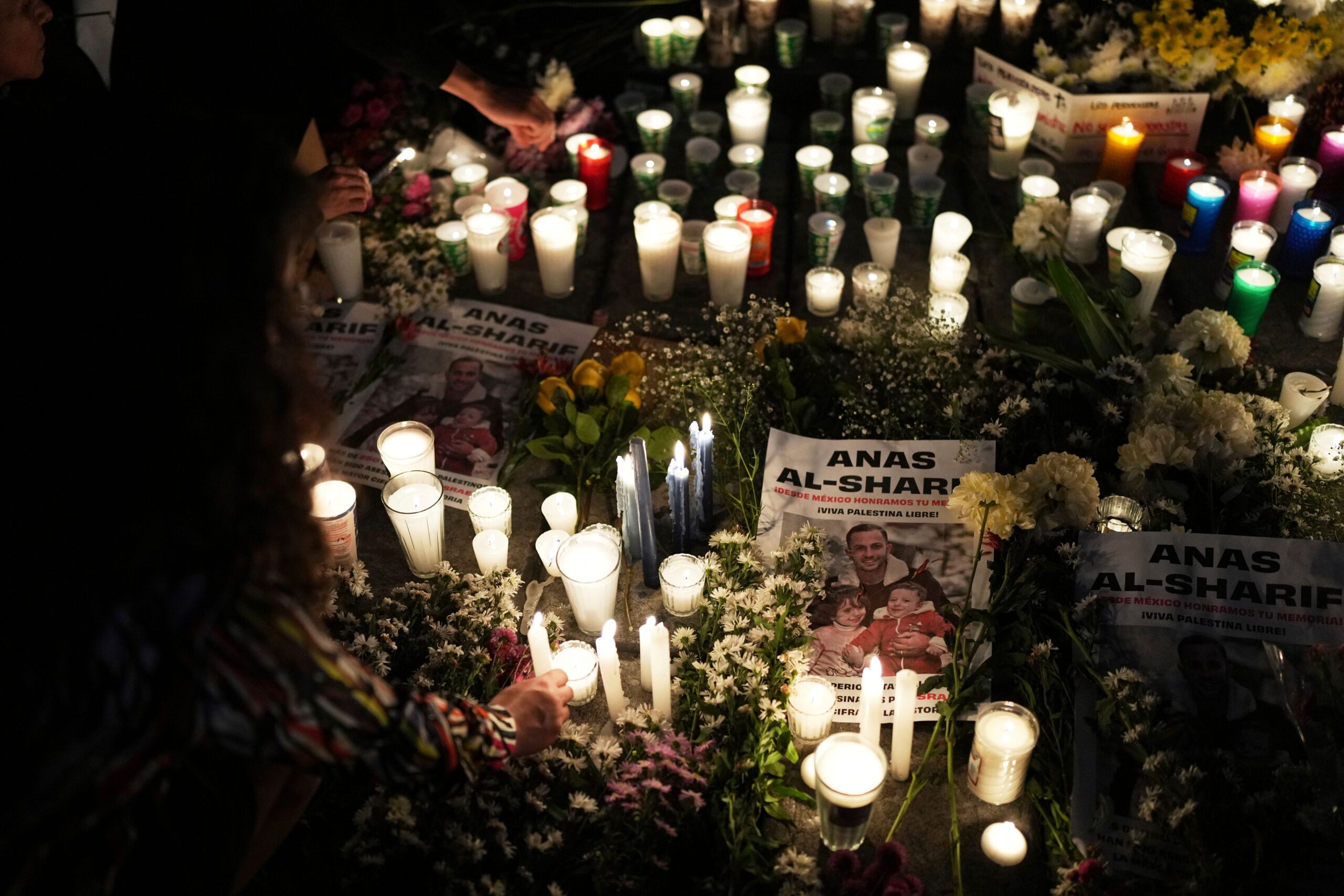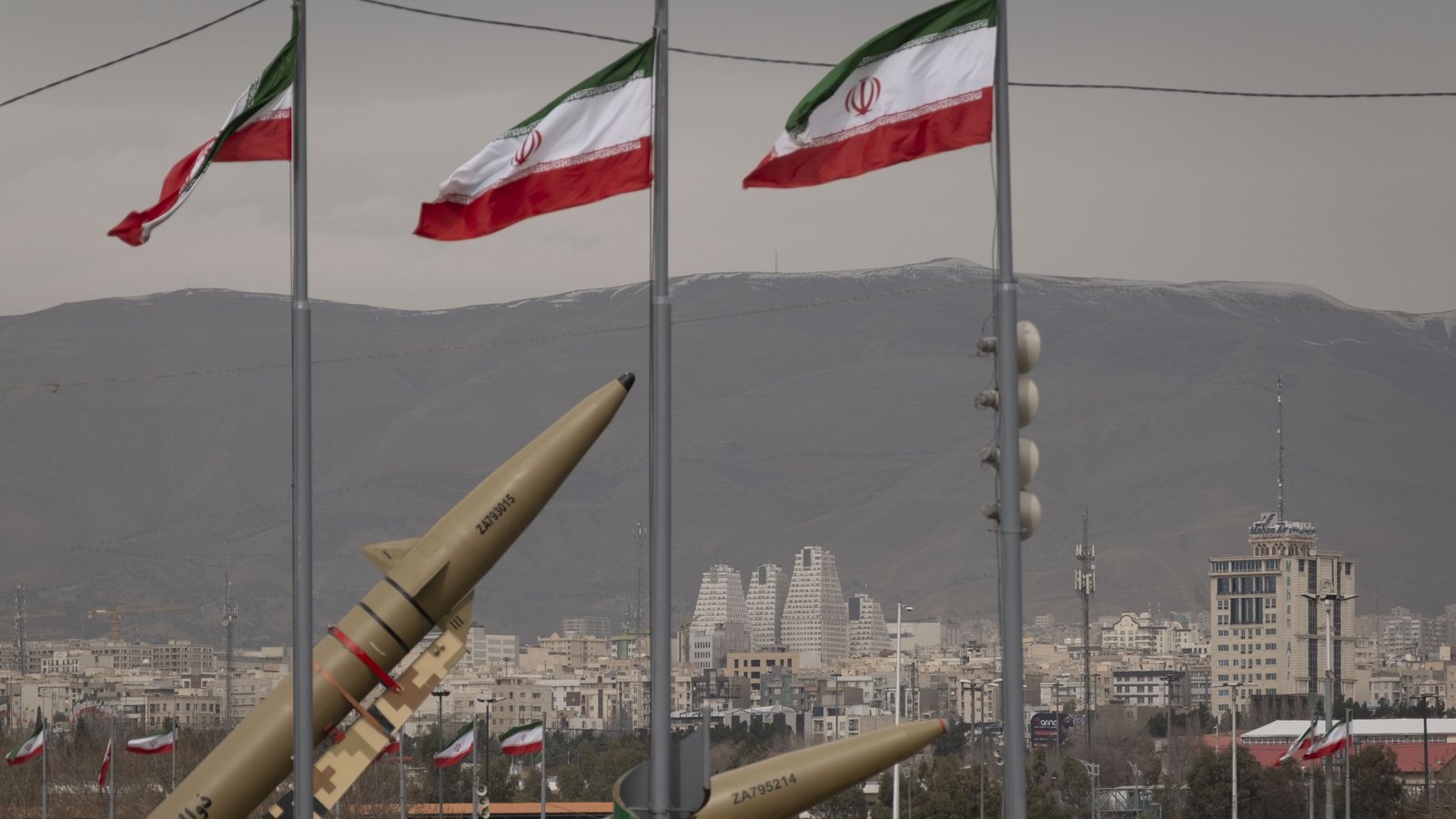Japan has launched an AI robot monk designed to deliver spiritual advice and assist with…
Iran hits back at Trump ahead of Geneva talks
Trump’s comments on Iran have unsurprisingly provoked the ire of Tehran officials, which does not bode well for the nuclear talks scheduled for tomorrow.
The third round of indirect talks between the…
